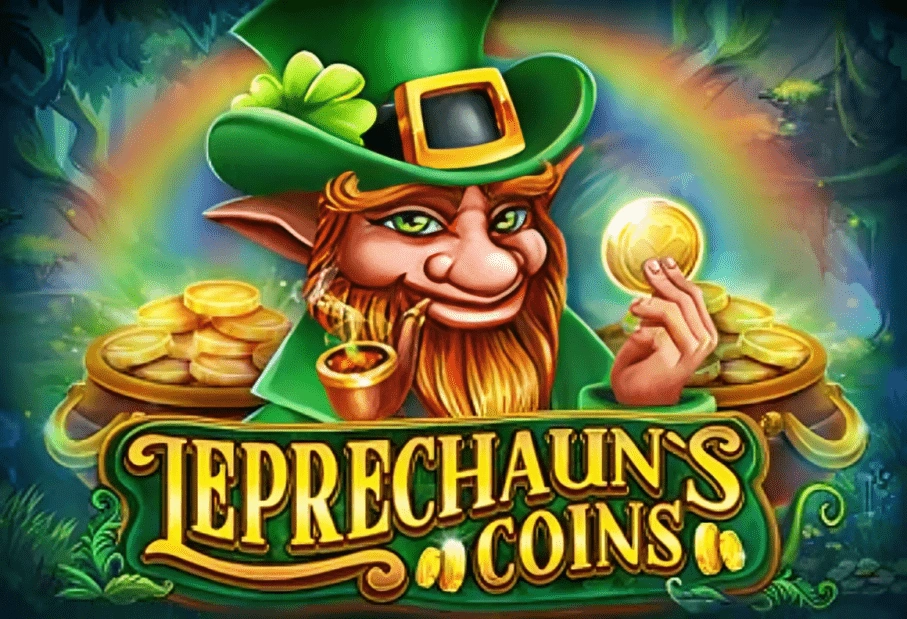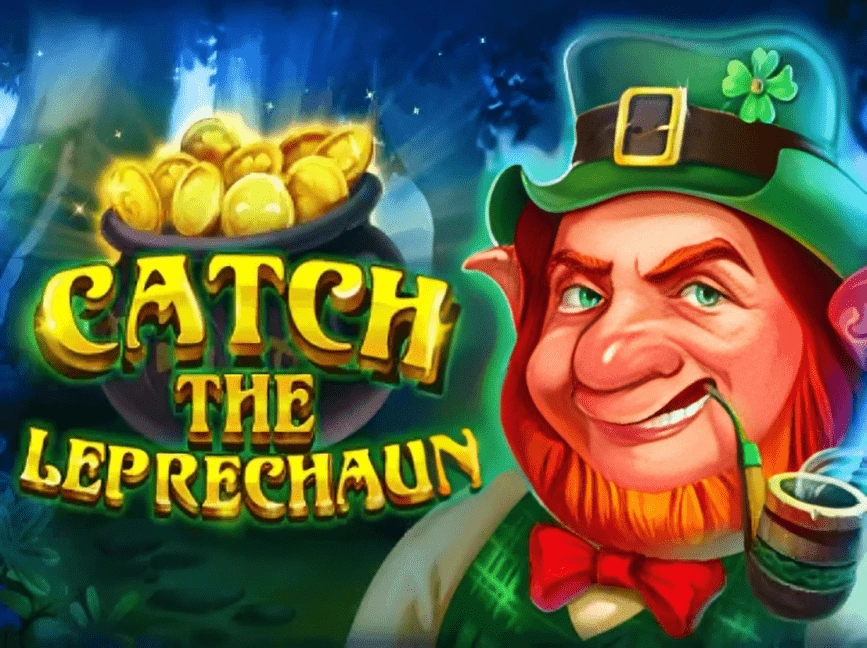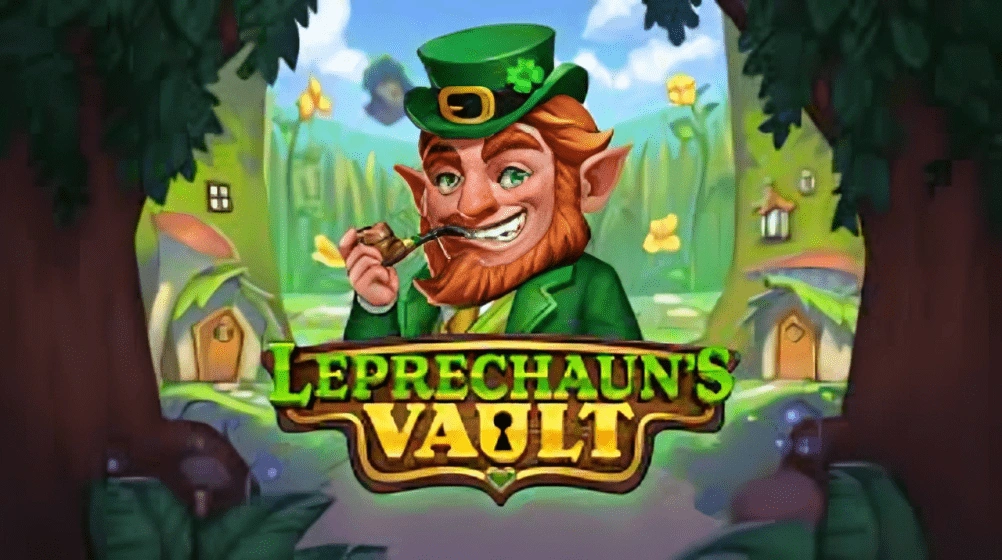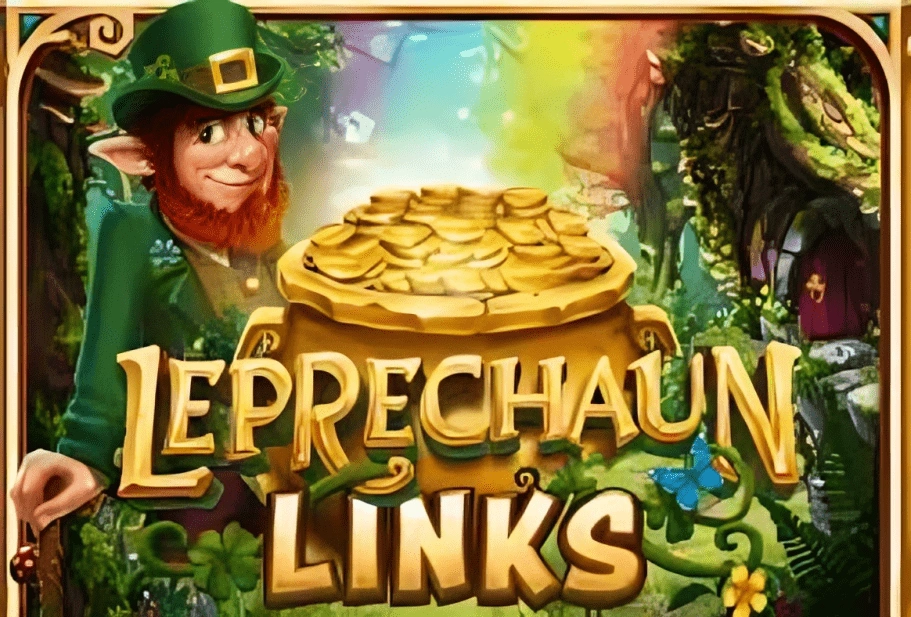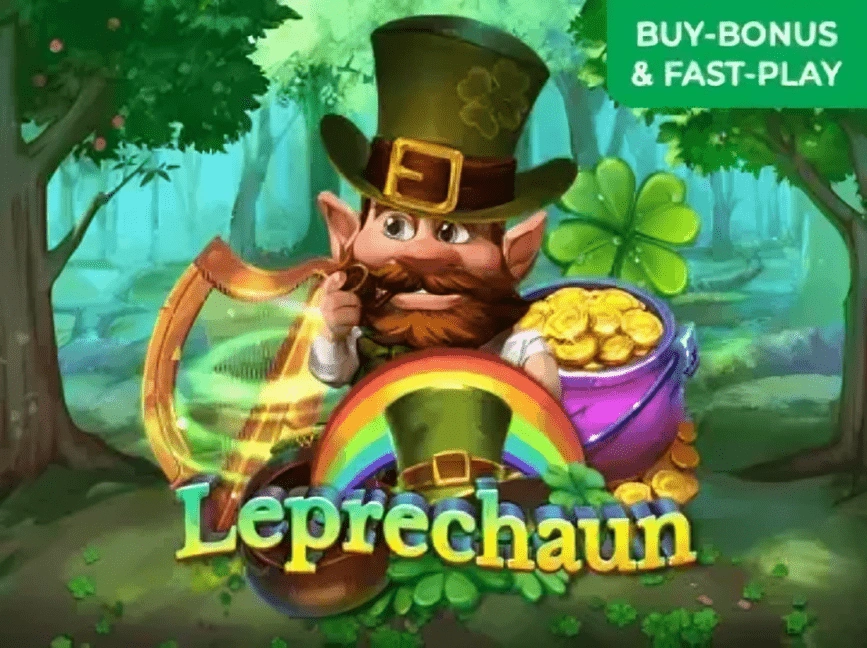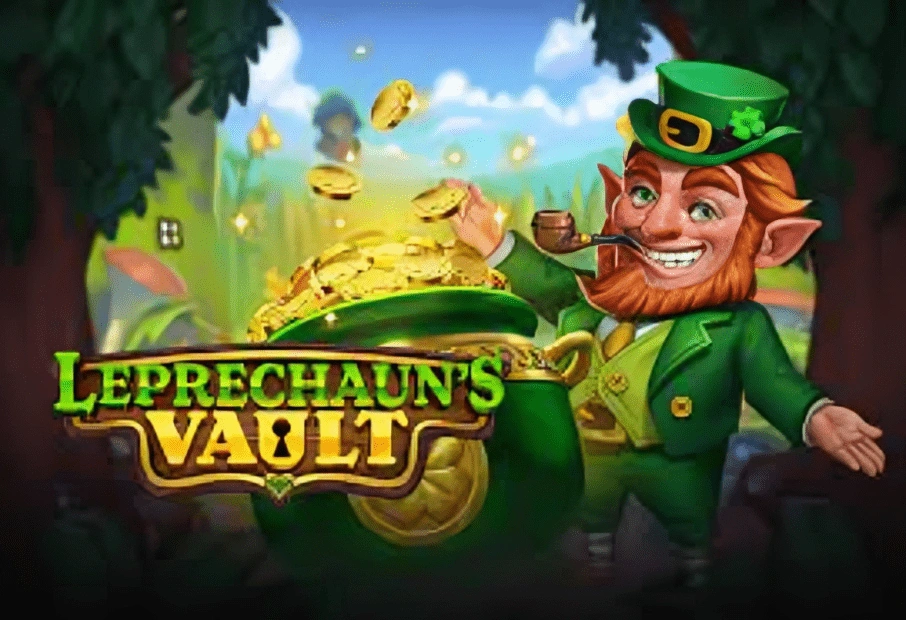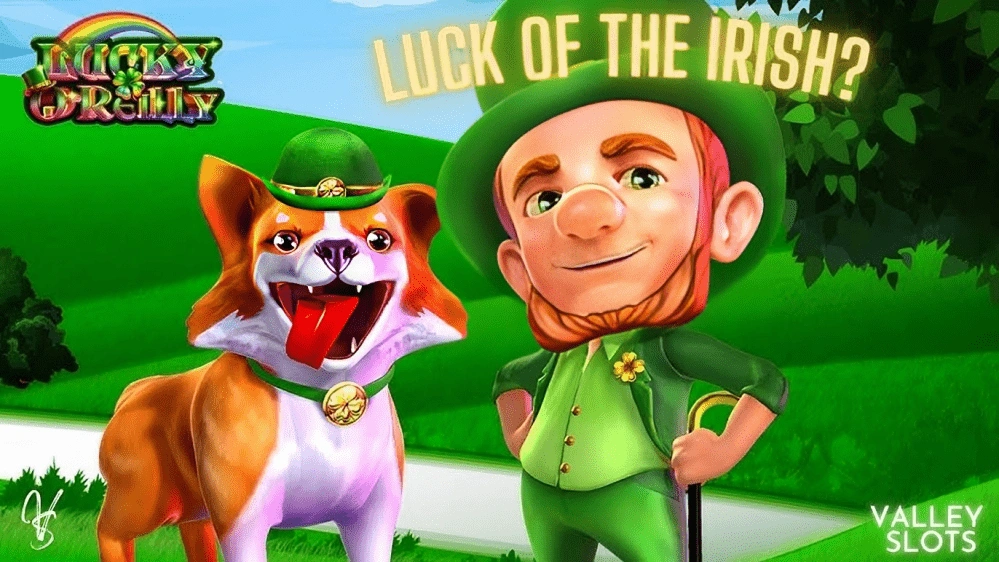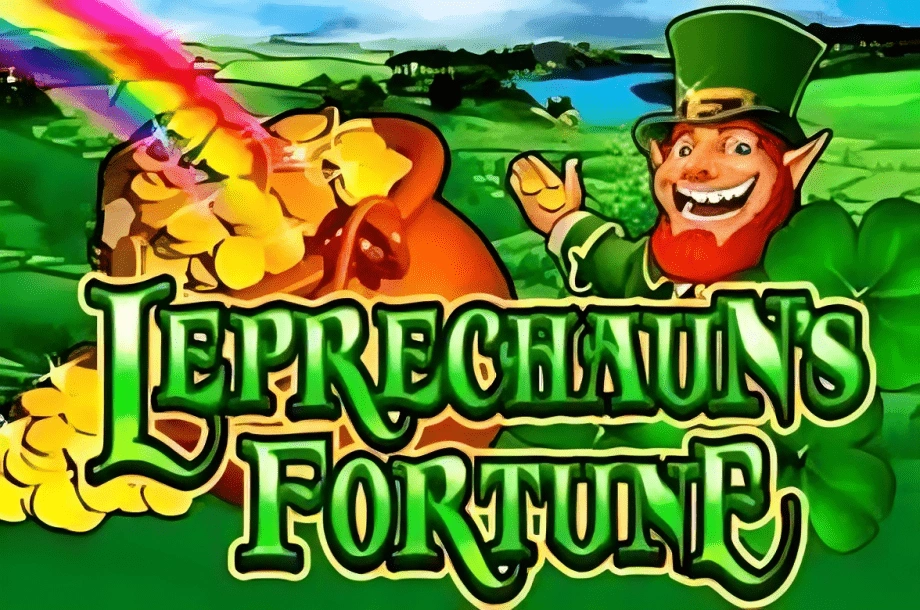How PlayStation Became Home to the Best Games Through Innovation and Imagination
PlayStation’s rise to becoming a dominant force in gaming was not an accident. It resulted from years of creative risk-taking, a willingness to invest in storytelling, and a keen understanding of what players truly value. Throughout its journey, the platform produced some of the best games in gaming history while crafting an identity rooted in innovation and emotional depth. pxbtbet.com/nevada From classic PSP games to blockbuster PlayStation games on the latest hardware, the brand has stayed true to its mission: to create unforgettable experiences that resonate for years.
In the early years of the PlayStation brand, developers were given unprecedented creative freedom. This led to a surge of experimentation that resulted in new genres, new gameplay systems, and new ideas about how players could interact with virtual worlds. Many of the earliest PlayStation games became cult classics because they introduced mechanics and narratives that felt fresh and daring. Players were drawn in not only by the novelty but by the quality of execution, which set the tone for what the PlayStation platform would prioritize moving forward.
The introduction of the PSP marked a milestone in Sony’s portable gaming ambitions. PSP games offered a level of graphical and narrative sophistication that handheld systems had rarely seen. The device became popular not just because it was powerful, but because developers treated it as more than a portable console. They crafted experiences that were rich, layered, and emotionally engaging. Many PSP games are still celebrated today because they brought the spirit of PlayStation games into a more accessible, on-the-go format. This effectively expanded the PlayStation ecosystem and introduced new players to the brand’s storytelling philosophy.
As home consoles continued to evolve, the PlayStation 3 and PlayStation 4 eras solidified Sony’s reputation as a leader in cinematic gaming. Developers used the increased processing power to craft sweeping narratives with emotional weight and visual fidelity. Every generation of PlayStation games introduced new fan-favorite characters, unforgettable worlds, and genre-defining adventures. These experiences pushed players to think, feel, and connect with stories in ways that were once considered impossible for video games.
The transition to the PlayStation 5 opened the door to even more advanced innovations. With faster load times, improved lighting, and sophisticated haptic feedback, PlayStation games now feel more immersive than ever before. The console allows developers to experiment with gameplay systems that respond to the player with tactile precision. These technologies enhance not only action-oriented gameplay but also subtle narrative moments where tension, emotion, or atmosphere can be felt through the controller. This new level of interaction has redefined what players expect from the best games.
Despite the technological advances, what keeps PlayStation at the top is its dedication to creating experiences with heart. The platform invests heavily in stories that resonate emotionally, characters that feel real, and worlds that captivate the imagination. The consistency of excellence across both handheld and home consoles—from PSP games to modern PlayStation games—demonstrates Sony’s commitment to elevating gaming as an art form. Each generation builds upon the last, creating a lineage of quality that few platforms can match.
In essence, PlayStation has earned its place in gaming history through a combination of innovation, narrative ambition, and creative passion. Its best games are more than entertainment; they are shared cultural experiences that shape how players see the world, connect with others, and interpret the power of interactive storytelling. This legacy continues to grow with each new generation, making PlayStation a home where imagination thrives and gaming reaches its fullest potential.

